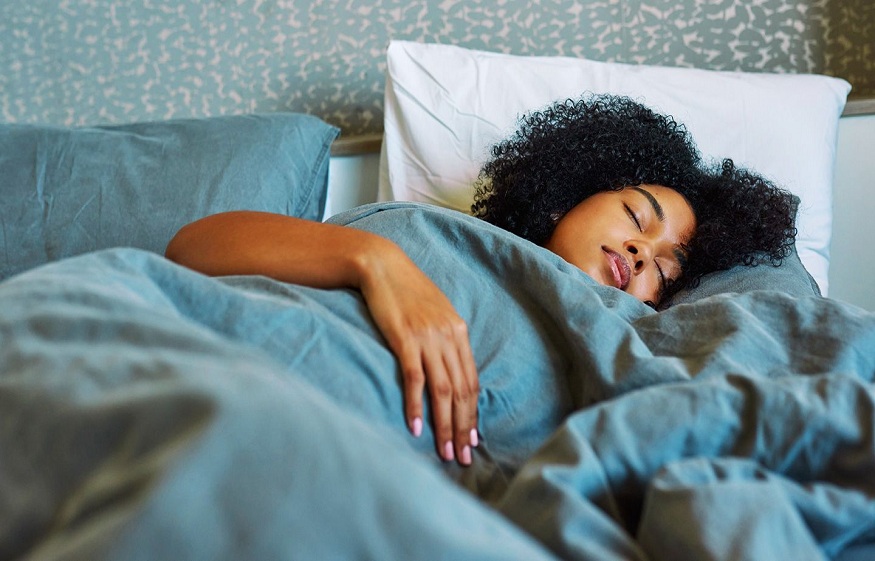A Comprehensive Review of Treatments for Sleep Disorders
Sleep disorders can significantly impact overall health and well-being, affecting various aspects of daily life. From insomnia to sleep apnea, these conditions can disrupt sleep patterns, impair daytime functioning, and lead to a host of health issues. Fortunately, there are numerous treatment options available to address sleep disorders and improve sleep quality. In this blog post, we will provide a comprehensive review of treatments for common sleep disorders, shedding light on the various approaches that can help individuals achieve restful and rejuvenating sleep.
1. Cognitive Behavioral Therapy for Insomnia (CBT-I)
CBT-I is a highly effective psychological intervention for treating insomnia. It focuses on identifying and modifying the thoughts, behaviors, and environmental factors that contribute to sleep difficulties. CBT-I incorporates techniques such as sleep restriction, stimulus control, relaxation training, and sleep hygiene education to establish healthy sleep patterns and improve sleep quality.
2. Medications for Insomnia
In certain cases, medication may be prescribed to manage insomnia. These medications include sedative-hypnotics such as benzodiazepines and non-benzodiazepine receptor agonists. However, it’s important to use sleep medications judiciously and under the guidance of a healthcare professional due to potential side effects and risks of dependency.
3. Continuous Positive Airway Pressure (CPAP) for Sleep Apnea
CPAP is a common treatment for obstructive sleep apnea (OSA), a condition characterized by pauses in breathing during sleep. CPAP therapy involves wearing a mask that delivers a continuous flow of air, preventing airway collapse and promoting uninterrupted breathing. It effectively reduces apnea episodes and alleviates symptoms associated with sleep apnea.
4. Oral Appliances for Sleep Apnea
Oral appliances, such as mandibular advancement devices, can be used as an alternative to CPAP for mild to moderate sleep apnea or for individuals who are unable to tolerate CPAP. These custom-fit devices reposition the jaw and tongue to keep the airway open during sleep.
5. Light Therapy for Circadian Rhythm Disorders
Light therapy is used to regulate circadian rhythm disorders, such as delayed sleep-wake phase disorder or seasonal affective disorder (SAD). This therapy involves exposure to bright artificial light or specialized lightboxes at specific times of the day to reset the body’s internal clock and improve sleep-wake patterns.
6. Medications for Narcolepsy
Stimulant medications, such as modafinil and armodafinil, are commonly prescribed to manage excessive daytime sleepiness in individuals with narcolepsy. These medications help promote wakefulness and improve alertness during the day.
7. Behavioral and Lifestyle Modifications
Various behavioral and lifestyle modifications can positively impact sleep quality. These include establishing a regular sleep schedule, creating a conducive sleep environment, avoiding stimulants like caffeine before bedtime, incorporating relaxation techniques such as meditation or deep breathing exercises, and engaging in regular physical activity during the day.
8. Alternative and Complementary Therapies
Alternative therapies like acupuncture, herbal supplements (e.g., valerian root, chamomile), and aromatherapy (e.g., lavender) may have potential benefits in improving sleep quality. However, more research is needed to establish their efficacy and safety for sleep disorders.
Conclusion
Finding effective treatment for sleep disorders is crucial for promoting optimal health and well-being. Depending on the specific sleep disorder, a combination of approaches may be necessary, including psychological interventions, medications, lifestyle modifications, or alternative therapies. Consulting with a healthcare professional or sleep specialist can help determine the most appropriate treatment plan tailored to individual needs. With the right interventions, individuals can achieve restorative sleep and enjoy the many benefits that come with a good night’s rest.

